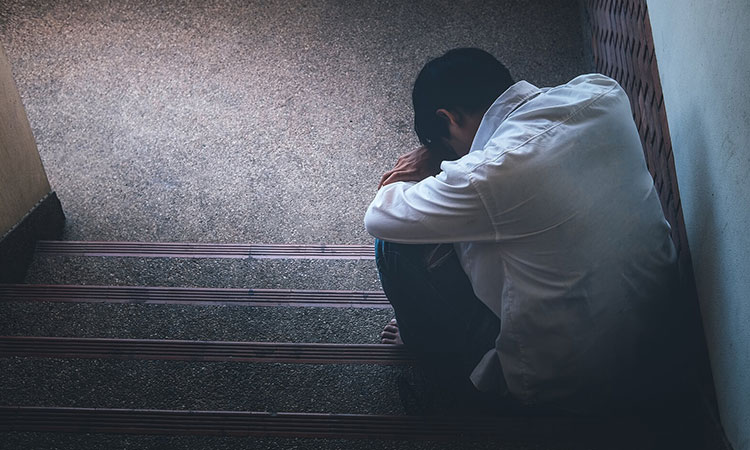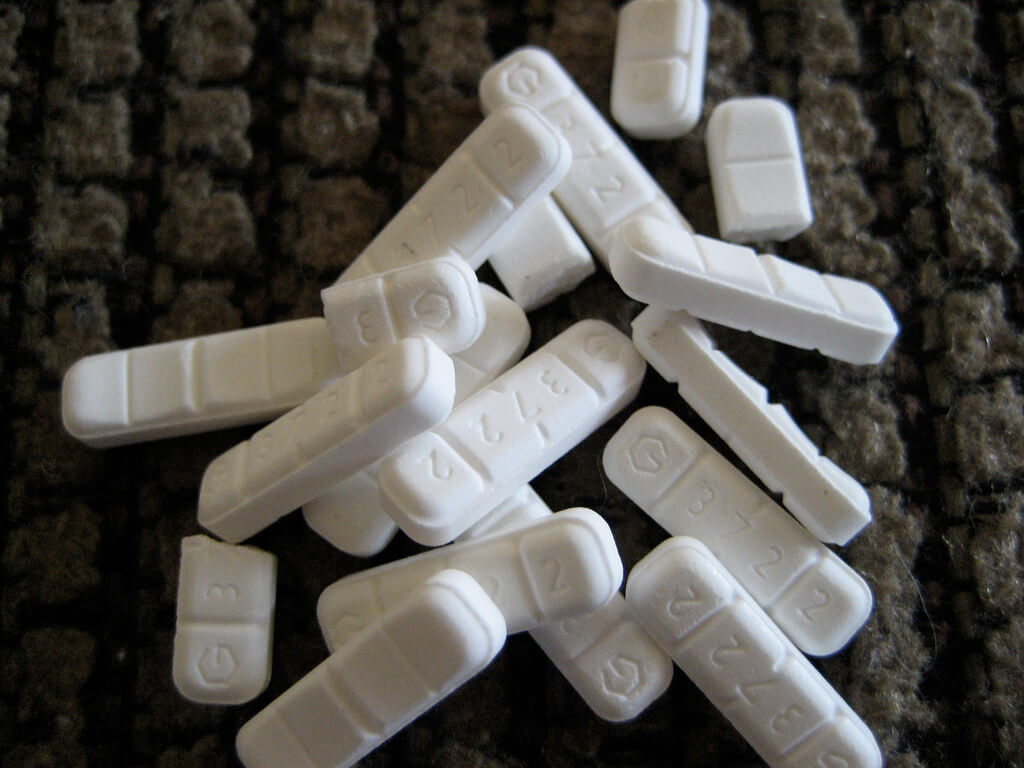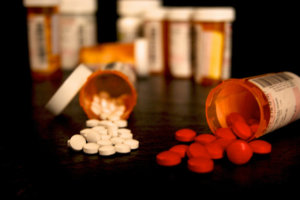
Depressant drugs are substances that suppress the central nervous system (CNS) and work by impacting neurons in the CNS, which can result in effects such as relaxation, drowsiness, reduced inhibition, sleep, anesthesia, coma, and potentially, death. Most depressants also have a high potential for abuse and addiction.
Although depressants are all similar in their ability to decrease activity in the CNS, there are differences among drugs within this class. Some are safer than others and should be used only as directed by a physician.
Types of Depressant Drugs
Drugs that are classified as depressants include:
- Ethyl alcohol
- Barbiturates
- Benzodiazepines
- Opioids* (for explanation, see below)
Ethyl Alcohol
Alcohol (ethyl alcohol) is among the most commonly used psychoactive substances in the world, second only to caffeine. Although alcohol is legal, it also has a high potential for abuse and dependency. The Substance Abuse and Mental Health Services Administration (SAMHSA) conducted research in 2014 and found that nearly 61 million people in the United States over the age of 12 reported engaging in binge drinking. Another 16 million individuals over age 12 reported drinking heavily.
Alcohol abuse also has substantial social costs. According to the American Psychiatric Association (APA, 2000), an estimated 50% of all assaults, homicides, and highway deaths involve alcohol.
Barbiturates
Barbiturates are also referred to as “downers” and are CNS depressants that cause euphoric effects and relaxation. Barbituates were once deemed safe but are now known for their abuse and overdose potential and can have a significant effect on sleep patterns and result in a reduction in REM sleep. Because barbiturates are so dangerous, they are no longer commonly prescribed to treat insomnia or anxiety.
Benzodiazepines

Benzodiazepines (benzos) are a CNS depressant commonly prescribed to treat sleep problems and anxiety. Around the turn of the 21st century, four different benzos were in the top 100 most often prescribed drugs in the United States. Due to their low toxicity and effectiveness, benzos are often used as a short-term treatment for insomnia and anxiety.
Their potential for addiction, however, makes them a less-than-ideal longstanding treatment for conditions such as generalized anxiety disorder, PTSD (post-traumatic stress disorder) and panic disorders.
Benzos have sedative, muscle relaxing and anticonvulsant effects. Because of this, benzos are used to treat a variety of issues including insomnia, anxiety, agitation muscle spasms, and seizures. They are generally viewed as safe in the short-term, but long-term use can result in tolerance, dependence, and withdrawal symptoms when the user tries to quit.
Medical Uses for Depressant Drugs
Depressants are frequently prescribed to alleviate symptoms resulting from the following conditions:
- Anxiety, including social phobia, panic disorder, and general anxiety disorder (GAD)
- Obsessive-compulsive disorder (OCD)
- Depression
- Insomnia
- Seizures
How Depressant Drugs Work
Most depressants work by boosting the activity of GABA (gamma-aminobutyric acid), a neurotransmitter (chemical messenger) in the brain. By increasing GABA, brain activity is decreased, and the result is relaxation and drowsiness.
Alcohol may act a bit differently, however. Like other depressants, alcohol is believed to mimic GABA’s effect in the brain, binding to GABA receptors and hindering neuronal signaling. Alcohol also represses the major excitatory neurotransmitter, glutamate, especially at the N-methyl-d-aspartate (NMDA) glutamate receptor. Furthermore, it releases other inhibitors, such as dopamine and serotonin.
Moreover, the consumption of even small amounts of alcohol increases the amount of dopamine in the nucleus accumbens area of the brain—one of the centers responsible for feelings of reward. Experts believe it is most likely that the GABA and glutamate receptors in some of the reward centers – such as the nucleus accumbens and the amygdala – together produce a system of positive reinforcement.
A Word on Opioids and Multidrug Intoxication

Opioids are in a class of drugs known as painkillers, but also have properties that suppress the central nervous system. For this reason, in high doses, opioids such as heroin and fentanyl can cause life-threatening central nervous system depression. While overdose by alcohol or benzodiazepines alone may be somewhat difficult, combining them with each other or other substances that can inhibit the CNS, such as barbiturates or opioids, dramatically increases the risk of a fatal overdose.
Treatment for Depressant Addiction
Depressant addiction should be treated initially using a medical detox. Alcohol withdrawal especially can result in death in rare cases and should be closely monitored and managed with medication. Benzodiazepine withdrawal is also dangerous and often involves a tapering schedule in which the patient is slowly weaned off the medication over the course of weeks or months.
After detox, persons who were dependent on depressants are advised to participate in a residential (inpatient) or intensive outpatient treatment program. Our center offers evidence-based services such as behavioral therapy, counseling, and group support in both formats.
Our professional staff have expertise in addiction and can provide patients with the tools needed to achieve sobriety and enjoy long-term recovery and wellness.
Our programs are structured with various components of evidence-based treatment practices and holistic approaches to treatment that provide our patients with the knowledge and tools they need to be successful in their recovery.
If you or your loved one is suffering from substance abuse, please seek help as soon as possible.